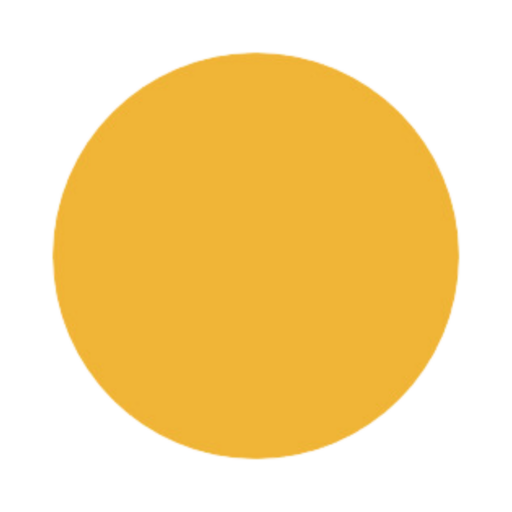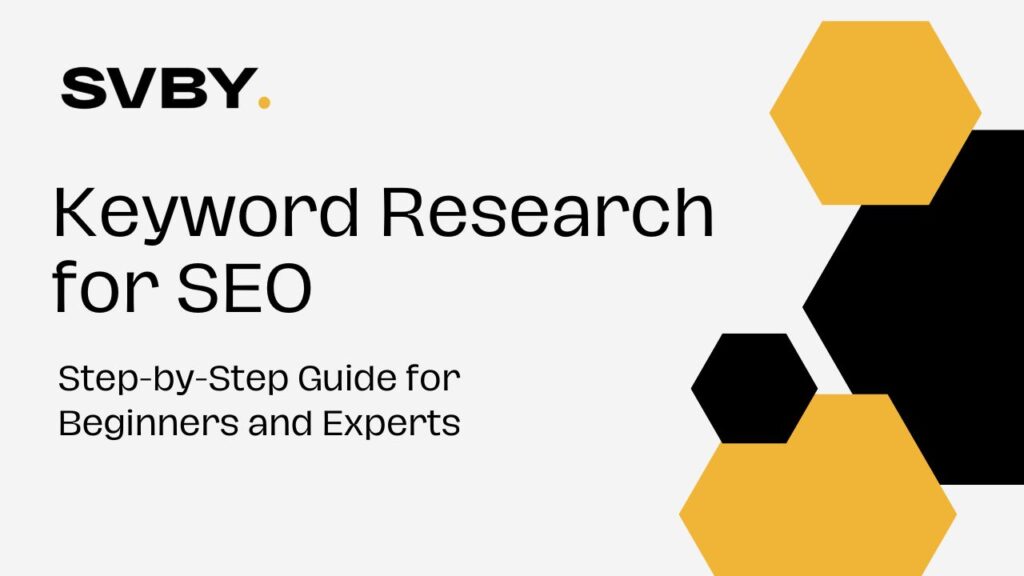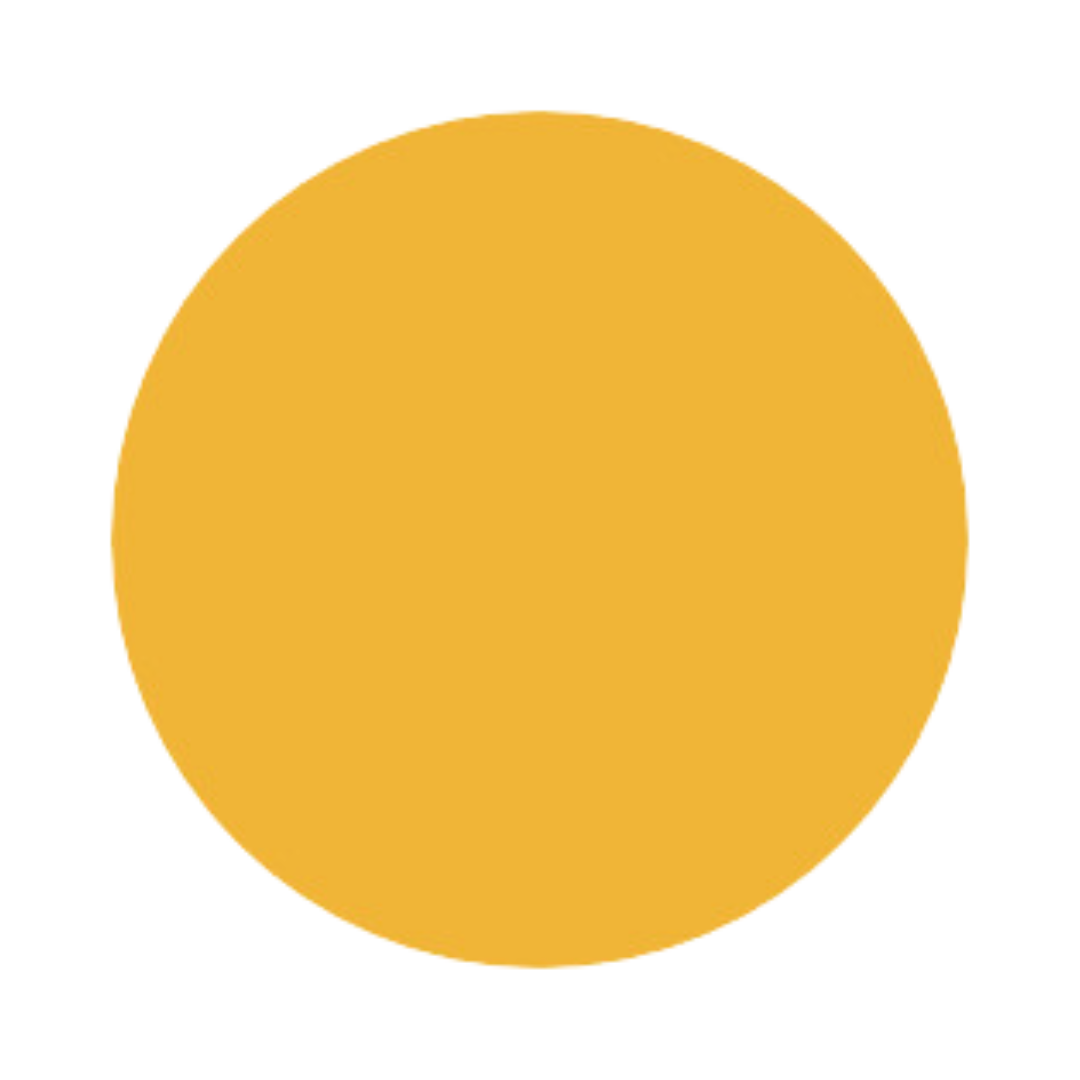Imagine having the world of art at your fingertips, just a simple search away from directing browsers to your stunning online gallery. How does that magic occur? It’s all about SEO and strategically using art keywords. This article delves into the often-overlooked but critically important topic of ink merging art and technology: art keywords in SEO. Prepare to maximize the possibilities of your internet presence and get the attention your creations deserve.
The concept of art keywords
Imagine you’re an artist, photographer, or gallery owner. You want people to discover your work online, correct? This is where art keywords come into play. These key terms help your work appear in search results when art fans search for certain terms online. They are words or phrases that precisely define or relate to the artwork you’re displaying, your brand, or the content/s on your website. These could range from ‘abstract acrylic paintings’ to ‘Cubist-inspired computer sketches.’
- Significance of art keywords in SEO: Just like paintbrushes are necessary for making artwork, art keywords are critical to your SEO efforts. They serve as a link between what people are searching for online and the content you offer. After all, when someone enters your keywords into a search engine, you want your website or art portfolio to come up, right? SEO, or search engine optimization, boosted by well-picked keywords, increases your online visibility and traffic to your art pieces.
- Use of art keywords beyond visual art: Art keywords are not confined to traditional visual art; they encompass all forms of art, including literature, music, and dance. For example, if you’re an author, relevant keywords could include everything from the genre of your novels to the issues they cover. If you express your creativity through music, art keywords may include your genre, the instruments you perform, or the lyrical subjects in your songs.
Imagine you’re an artist, photographer, or gallery owner. You want people to discover your work online, correct? This is where art keywords come into play. These key terms help your work appear in search results when art fans search for certain terms online. They are words or phrases that precisely define or relate to the artwork you’re displaying, your brand, or the content/s on your website. These could range from ‘abstract acrylic paintings’ to ‘Cubist-inspired computer sketches.’
- Significance of art keywords in SEO: Just like paintbrushes are necessary for making artwork, art keywords are critical to your SEO efforts. They serve as a link between what people are searching for online and the content you offer. After all, when someone enters your keywords into a search engine, you want your website or art portfolio to come up, right? SEO, or search engine optimization, boosted by well-picked keywords, increases your online visibility and traffic to your art pieces.
- Use of art keywords beyond visual art: Art keywords are not confined to traditional visual art; they encompass all forms of art, including literature, music, and dance. For example, if you’re an author, relevant keywords could include everything from the genre of your novels to the issues they cover. If you express your creativity through music, art keywords may include your genre, the instruments you perform, or the lyrical subjects in your songs.
Identifying Effective Art Keywords
- Strategies for Keyword Research: Optimizing your website with good art keywords requires thorough research. Consider terms that are related to your art and your audience’s searches. Use Google Keyword Planner to uncover frequently searched terms linked to your art. Investigate online creative communities, blogs, forums, and competitor websites to determine the language spoken by your target audience. This allows you to construct a list of useful keywords to use on your website.
- Impact of domain-specific language: Domain-specific phrasing is essential for selecting successful art keywords. Be aware of the terms and phrases that are regularly used in your field of art. If photography is your domain, terms like macro-photography, ‘film photography’, or ‘wedding photography’ may be important to you. Using jargon successfully can differentiate you from the competition and allow search engines to rank your site higher for specialized queries.
- Importance of relevance and search volume in keyword selection: When selecting art keywords, two factors to consider are relevance and search volume. Relevance ensures that the keywords you select are relevant to your art, drawing the appropriate audience to your website. Search volume, on the other hand, denotes how frequently a specific keyword is looked for. In general, it is good to target keywords with a high search volume because they provide more visibility.
Usage of Art Keywords in SEO
- The Role of Art Keywords in Meta Descriptions: Meta descriptions are short summaries of your webpage’s content that appear in search engine results. Incorporating art keywords into these descriptions will significantly improve your SEO performance. Search engines and users can quickly determine what your page is about, increasing the likelihood that they will click through to your site.
- Inclusion of keywords in URLs: Believe it or not, there is an art to generating URLs, and it does include keywords! For example, if your website features your most recent impressionist artwork, the URL could include keywords such as “impressionist” or “painting”. Including art keywords in your URL can help improve your SEO and make it more user-friendly.
- Including keywords in the image alt text: Another painterly SEO tip: always use your art keywords in the alt text of your photographs. Alt text helps search engines comprehend what your photographs are about, which increases your presence in image search results. It also increases web accessibility for individuals who cannot view your images.
Diving into Keyword Placement in Content
- Optimal keyword density in content: While it is critical to include your art keywords in your material, there is a delicate balance to strike. Having an appropriate keyword density implies employing your keywords enough to indicate their relevance to search engines without making your text unreadable.
- Incorporating keywords organically: To effectively integrate art keywords into your website, they must flow naturally with your content. Try to incorporate them naturally into your work in a way that makes sense in context while maintaining the flow of your narrative. Furthermore, place them where they will draw attention, such as the first paragraph or among the first 100 words.
- The role of headers in keyword placement: Art keywords used in headers have a big impact on SEO. Search engines frequently look at headers to determine the major topics of your content. Include your most important art keywords in the H1 and H2 headings.
Exploring Long-Tail Keywords
-
Understanding long-tail keywords in the art sphere: Long-tail keywords are longer, more precise keyword phrases. A long-tail term for an artist could be “modern surrealistic oil paintings for sale” instead of “oil paintings”. Despite receiving fewer searches, they frequently command greater conversion rates due to their specificity.
-
The competition factor in long-tail keywords: Typically, the more specialized your keywords are, the less competition you will encounter. By focusing on long-tail art keywords, you can reach a specific audience who is looking for exactly what you have to offer, increasing your chances of ranking higher in search engine results.
-
Developing art-related long-tail keywords: Consider your unique selling qualities and the intricacies that a potential buyer may seek when brainstorming potential long-tail keywords. Remember, quality is more essential than quantity!
Local SEO and Local Art Keywords
- Usage of locally-focused art keywords: If you have a physical presence, such as a gallery or studio, or if you serve a local audience, local art keywords are critical. These include regional-specific words like’sculpture classes in Manchester’ or ‘London art galleries’. Local keywords assist you gain visibility in a specific geographic location.
- Impact of local keywords on visibility in local searches: Your visibility in local search results is critical for increasing foot traffic and reaching regional audiences. By employing local art keywords, your work or business will appear when a potential art enthusiast conducts a local search, such as “art exhibitions near me”.
- Crafting location-centric keyword strategies: To create an effective local keyword strategy, start by studying popular art-related terms in your area, then combine them with broader art keywords in your content, meta tags, and titles.
Conclusion
Art keywords in SEO play a crucial role in optimizing content for search engines within the realm of artistic expression. These keywords serve as the bridge between the creative world and the digital landscape, ensuring that artists, art enthusiasts, and businesses in the art industry can effectively showcase their work to a broader audience. By strategically incorporating relevant art keywords into website content, meta tags, and other elements, creators can enhance their online visibility, attract the right audience, and ultimately drive engagement. Understanding and implementing art keywords in SEO is not only about enhancing search engine rankings but also about connecting the vibrant world of art with those who appreciate and seek it in the vast online space.
FAQs
Are there any best practices for incorporating art keywords into content for SEO?
How can artists research and choose effective art keywords for SEO?
What types of art keywords should be used for SEO?
What are art keywords in SEO?








